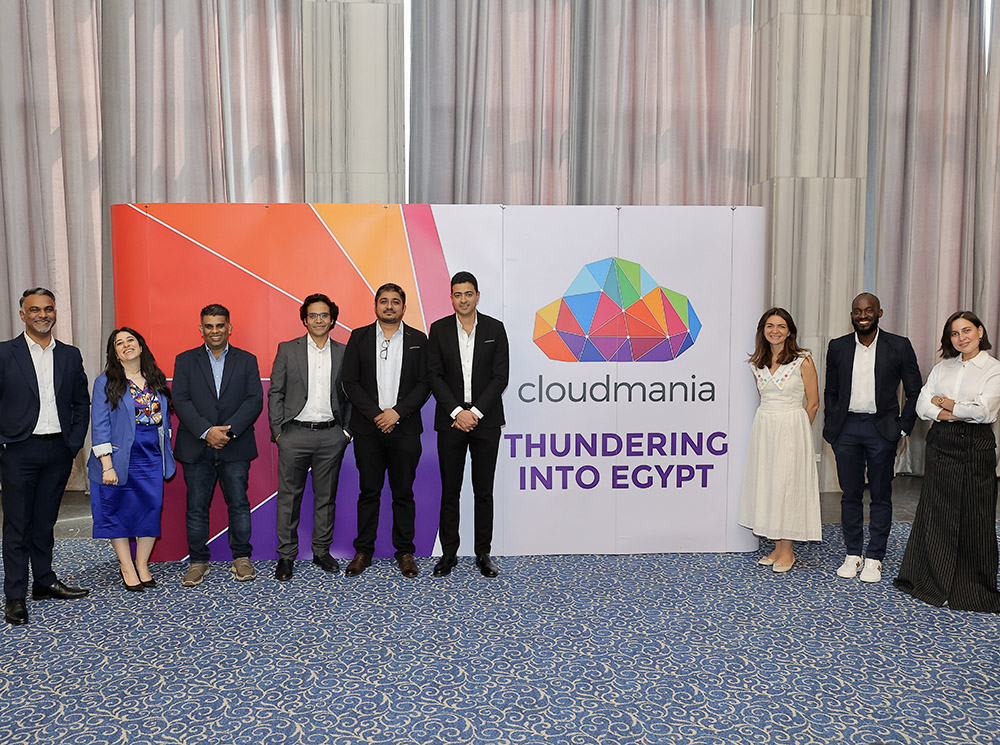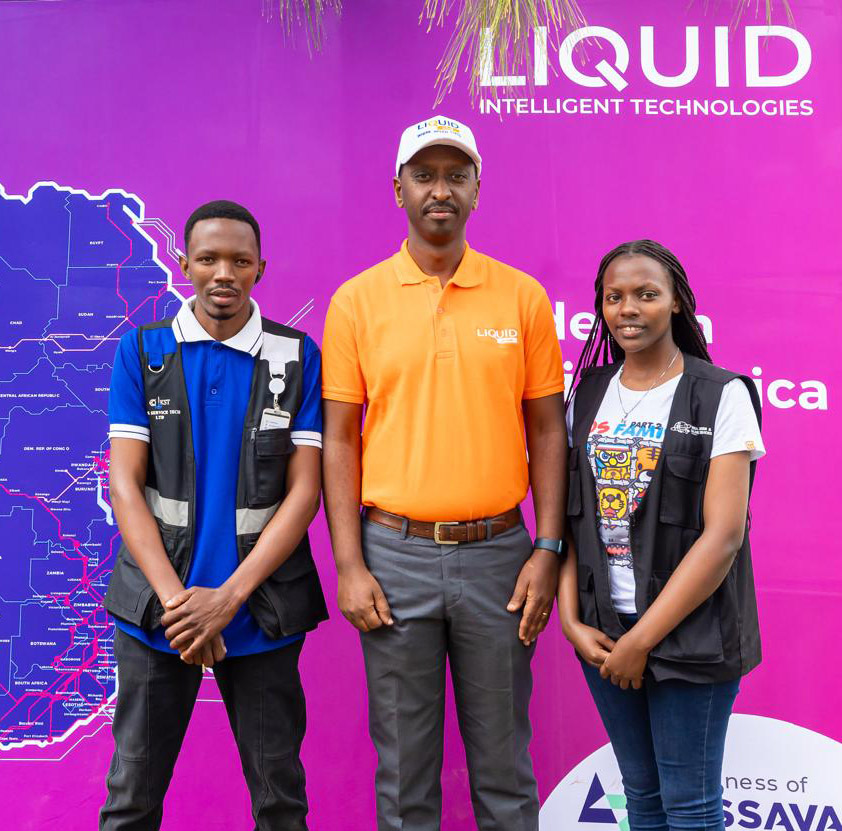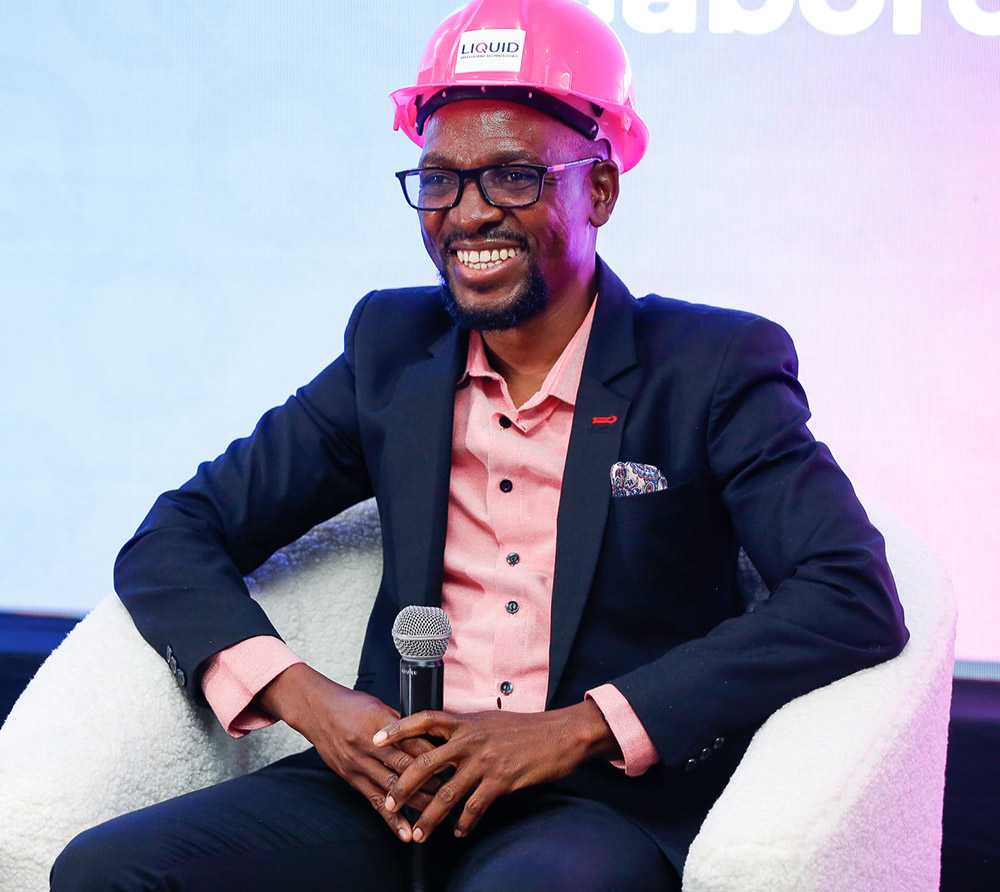Kenya’s public libraries are moving online to deliver free Internet to over half a million library members from June this year, as Liquid Intelligent Technologies Kenya and the Communications Authority of Kenya connect 46 branches of Kenya National Libraries Services (KNLS) for the first time.
Each of the 46 branches has been provided with an additional 11 computers, adding to existing computers, Kindles and tablets in a Sh72m rollout that is giving library members access to fixed and wireless Internet, on either the libraries’ computers, or on their own devices.
“The demand for Internet services is growing exponentially in Kenya. Connecting the public libraries means everybody will now have access to digital and online information – including e-government services, research, education services and employment opportunities,” said Mr Ben Roberts, Liquid Intelligent Technologies Kenya CEO.
“With the Communications Authority coming on board as the main financier of the project, we have been able to connect the public libraries even in the most remote areas with high quality connections,” he said.
The spread of the connections has been made possible through Liquid Intelligent Technologies Kenya’s intensive investment in the last three years in county Internet infrastructure. The 46 KNLS branches now being connected are in 29 counties, 26 of which had Internet infrastructure built by Liquid Intelligent Technologies Kenya already. The Internet will be free inside the libraries, which are free to enter for children under 14, and cost Sh20 per visit for adults.
The branches typically have a membership of around 10,000 users a year each, while the headquarters in Nairobi has nearly 100,000 users a year, who visit to use the service’s thousands of books, journals, e-books and electronic databases.
“The decision to connect all our library branches was a result of the increasing need for digital content by our users,” said Alex Ombogi, the ICT manager of KNLS. The partnership would provide great benefits to the libraries’ users, including students and academia, he said.
Security measures will be in place to have separate content available to adults and children respectively. The CA recently ran a campaign called the ‘Be the Cop’ which focused on Online protection for Children, and the Libraries Internet scheme is guided by the principles recommended by that campaign.
The connections in each of the libraries will go live in coming weeks, ahead of a full launch in June that will additionally connect all the libraries to one another through the cloud Private Automatic Branch Exchange (PABX), setting up open phone lines between all the branches using Voice over IP.
The library service is one of the flagships of the government’s Vision 2030 development strategy, with work now underway on a state-of-the-art national library in Community along Haile Salassie Avenue in Nairobi.
“Connecting the public libraries is a milestone for us at Liquid Intelligent Technologies Kenya in securing our group vision of achieving universal Internet access in Africa,” said Mr Roberts. “As we switch on this new set of 46 library connections, we shall take our biggest stride yet in giving access to Kenyans from every walk of life, country wide.”






